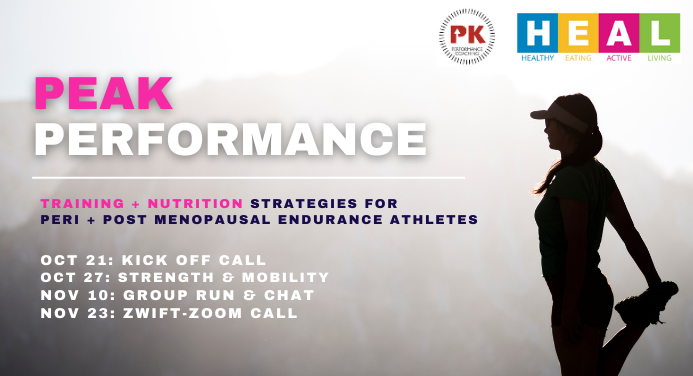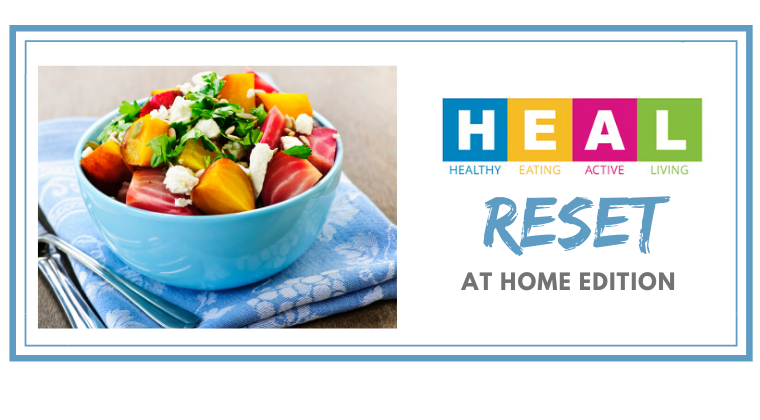
Ask A Nutritionist! (Sept/Oct 2008) –Nutrition for Runners over 40
October 14, 2008
Ask A Nutritionist! – Detoxification & Cleansing
January 14, 2009“Are there foods, or vitamins runners can use for improving their stamina and energy and recovery for long runs.”
A trip supermarket or supplement store will yield an overwhelming choice of “nutritional products” with claims to provide improved energy, stamina, endurance or athletic performance. Some sports-aids companies are boosting their carbohydrate base-products with amino acids such as taurine or glutamine, stimulants such as caffeine or guarana, herbs such as ginseng; and specialty sugars such as d-Ribose. The consensus is still out as to the tangible benefit of these often high-priced additives; many of which are found naturally in a balanced diet or produced in the body. Instead of starting with the quick fix for increased stamina and energy, focus on consuming foods that provide sufficient calories (energy) as well as sufficient nutrients including antioxidants, vitamins, and minerals to support your body through training and recovery.
The more you train the higher your antioxidant need. Antioxidants including vitamins A, C, E, beta-carotene, minerals zinc and selenium and bioflavanoids are key for the athlete to help combat the increase in free radicals produced by exercise that can lead to tissue damage and diminished energy production. Try bright coloured produce including sweet potatoes, carrots, spinach, collards, red bell peppers, broccoli, berries, grapes, citrus fruits as well as raw nuts and seeds to meet your antioxidant needs.
The B-vitamins are known for their role in processing energy from the metabolism of foods. Most of the B-vitamins can be obtained through the plant kingdom through a variety of whole grains such as brown rice and quinoa, soybeans, sunflower seeds, almonds, green leafy vegetables, and strawberries. Vitamin B12 comes from animal products such as eggs, cheese, seafood and red meat, so vegetarians and vegans may need a supplement to help meet B12 needs.
Omega-3 fatty acids, specifically Eicosapentanenoic acid (EPA), are beneficial for improved delivery of oxygen to muscle cells, and reducing inflammation for a faster recovery. Food sources include anchovies, salmon, herring, mackerel and tuna, ground flax seeds, flax seed oil, walnuts.
Lastly, while water itself offers no calories, maintaining adequate daily hydration levels will definitely improve stamina, energy and promote recovery, as it is critical for the transport of nutrients throughout the body.



